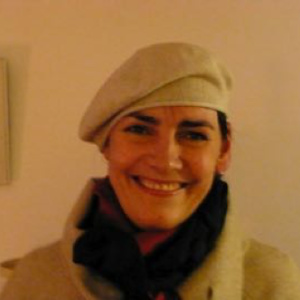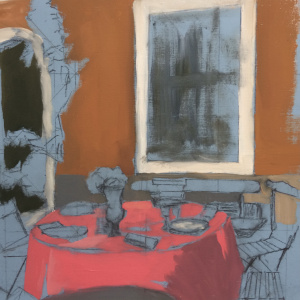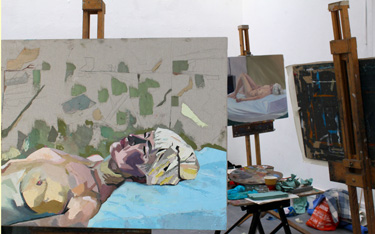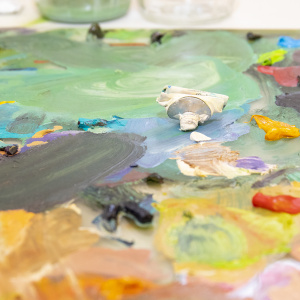Term-time Short Courses
The Slade School of Fine Art offers a programme of non-degree Short Courses during the autumn and spring terms, and Easter. These courses take place either online and in person. They are taught by practising artists, many of whom studied at the Slade. They are designed to enable students to develop a set of criteria which will enable further possibilities and developments within the wider remit of their own practise after completing the course.



